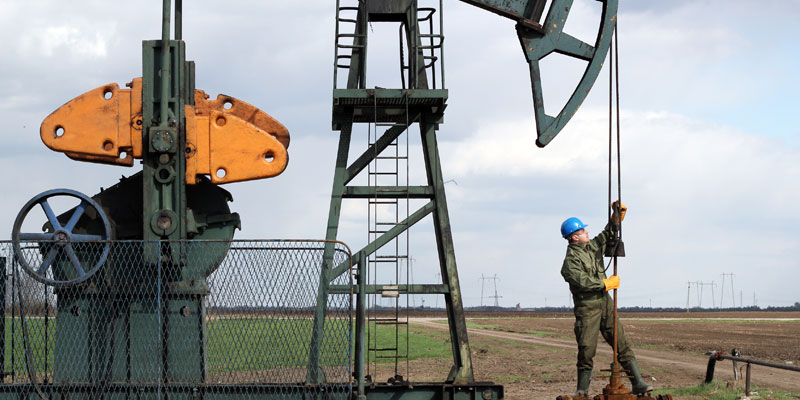Trudeau government should help restore investor confidence in Canadian energy

Federal Finance Minister Chrystia Freeland’s new mantra appears to be “build back better,” indicating that Canada’s economic recovery must be “green” and focused on “jobs and growth.”
While the focus on jobs and economic growth is appropriate, all signs suggest the Trudeau government wants to subsidize green technologies and implement yet more new environmental policies. This approach is troubling given the investment crisis in some of Canada’s most important industries including the energy sector.
Consider the decline in energy-sector investment in recent years. With Canada’s chronic pipeline shortage, uncompetitive polices and regulatory uncertainty from federal Bill C-69 (which changes the environmental assessment process for project proposals), investors—both foreign and domestic—have turned away from Canada’s energy sector. In fact, investment in our oil and gas sector has declined by a staggering 35 per cent over the last five years. And according to a recent Statistics Canada report, investment in the sector could shrink by an additional 40 per cent in 2020 and we could see up to 220,000 more jobs lost, largely due to the COVID recession and low oil prices.
Crucially, the collapse in investment is not limited to the energy sector. Indeed, 10 of the 15 major sectors of the Canadian economy such as agriculture, manufacturing and retail have experienced a drop in investment in recent years. Spending huge chunks of taxpayer money on questionable green projects—remember, these projects don’t meet cost-benefit tests—rather than restoring tax and regulatory competitiveness, particularly for hard-hit industries, will only exacerbate the investment crisis.
It’s also important to recognize the key role these sectors play in our economy. For example, in 2018 the energy sector generated more than $220 billion in economic activity and comprised nearly 11 per cent of Canada’s economy. Last year, more than 20 per cent of the country’s exports came from energy, making the sector the major driver of economic growth. Perhaps most importantly, Canada’s energy sector supported or was responsible for (directly and indirectly) more than 830,000 jobs. The sector also contributed nearly $17 billion to government coffers through corporate income taxes, sales and payroll taxes, royalties and land sales.
Of course, some argue that the oil and gas sector is declining and will continue to decline, and that we should therefore actively move away from it. But this convenient claim doesn’t reflect expected future oil and gas demand. The International Energy Agency (IEA) predicts a “sharp rebound in 2021” for oil and continued increased demand over the next five years, amounting to a total expected increase of 5.7 million barrels a day. Similarly, natural gas demand is expected to increase over the next few years. So in reality, there will be continued strong demand for both oil and gas, which Canada could capitalize on to support economic growth over the coming years.
Canada’s energy sector, based largely in Alberta, can and should play a big part in meeting future expanded global demand and in doing so foster economic growth and job creation. It’s high time this federal government acknowledged the collapse of investment and focused on restoring investment confidence in Canadian industries, including the energy sector.
Authors:
Subscribe to the Fraser Institute
Get the latest news from the Fraser Institute on the latest research studies, news and events.


